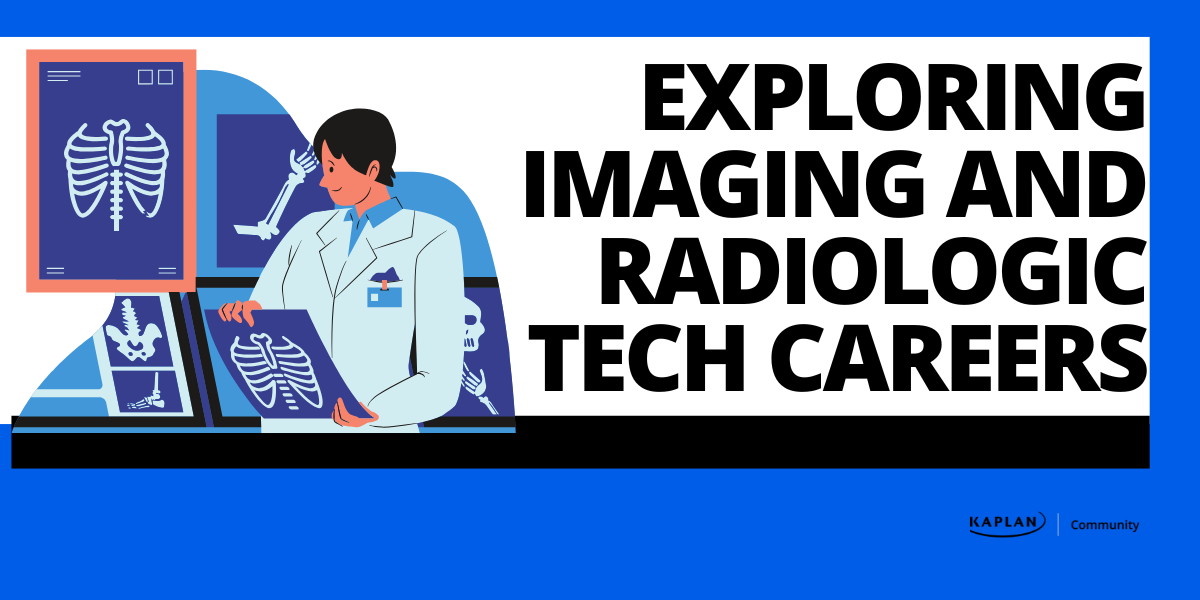Exploring Imaging and Radiologic Tech Careers

Kendra_Solis
Posts: 510 

The field of imaging and radiologic technology is a vital part of modern healthcare, focusing on using technology to create detailed images of the inside of the human body for diagnosis and treatment. These professionals, often called radiologic technologists or radiographers, are experts in operating advanced equipment to assist doctors in finding and treating illnesses and injuries.
What the Field Encompasses
- Diagnostic Imaging: The primary role of most radiologic technologists is to perform imaging exams to help physicians diagnose medical conditions. This includes operating machines for common procedures like X-rays, as well as more complex scans such as computed tomography (CT) and magnetic resonance imaging (MRI).
- Patient Care: A huge part of the job is working directly with patients. Technologists are responsible for preparing patients for procedures, ensuring they're positioned correctly, explaining the process to help ease anxiety, and prioritizing their safety and comfort throughout the exam.
- Specializations: The field offers a wide range of specialization areas. After their initial training, technologists can pursue advanced certifications in specific modalities. Some popular specializations include:
- Mammography breast imaging
- MRI (Magnetic Resonance Imaging)
- CT (Computed Tomography)
- Sonography (Ultrasound)
- Nuclear Medicine using radioactive drugs for imaging and therapy
- Radiation Therapy administering radiation to treat cancer
Key Skills and Work Environment
- Skills: To succeed in this field, you need a strong foundation in science and math, excellent interpersonal and communication skills for working with patients, and an aptitude for operating technical equipment. The ability to be detail-oriented and to think critically is also crucial.
- Workplace: While many radiologic technologists work in hospitals, they can also find jobs in a variety of other settings, including outpatient clinics, physician's offices, and diagnostic imaging centers. The work schedule can vary, sometimes including evenings, weekends, or on-call hours.
Resources
To learn more about what it takes to become a radiologic technologist, you can explore the U.S. Department of Labor's Occupational Outlook Handbook.
Considering how technology and medicine are constantly advancing, which specialization in radiologic technology do you find most interesting, and why?
Related Articles:
Tagged:
4
